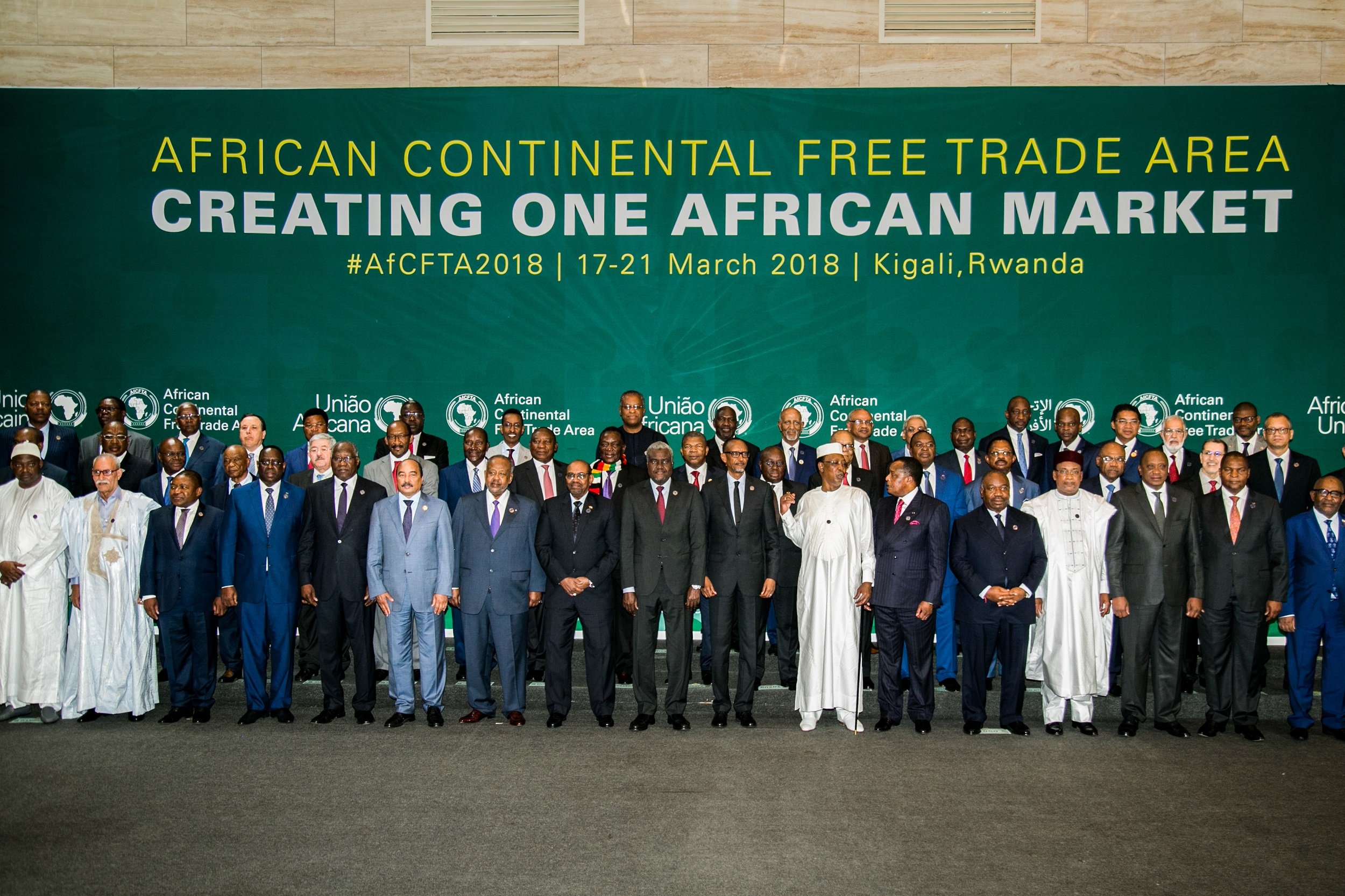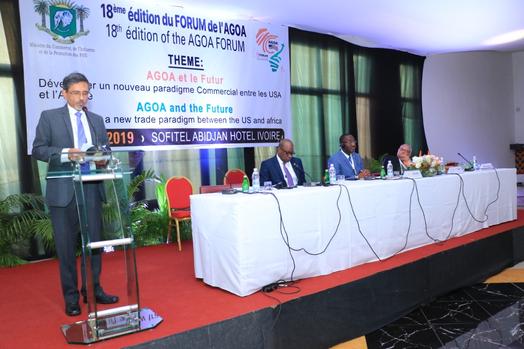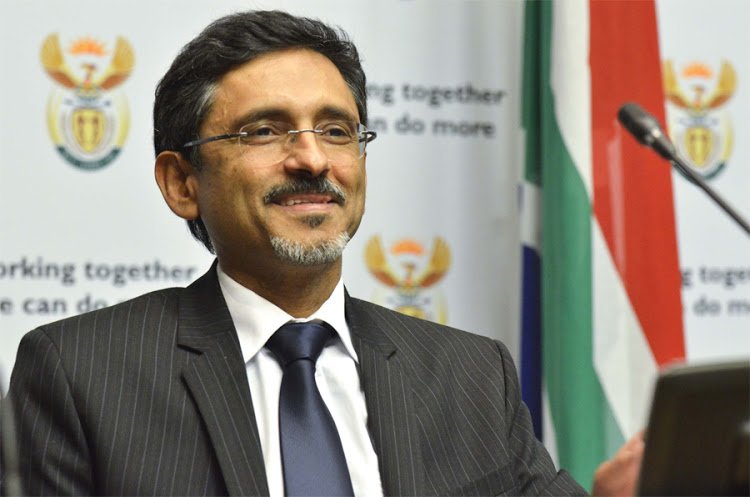Riyaz Patel
Technology can be used to unify and industrialise African economies, says Trade and Industry Minister Ebrahim Patel.
“Data is to the 21st century what oil and steel was to the 20th century. Africa must become more than a consumer market for digital services produced elsewhere. We must become innovators and producers too, exporting services and building capabilities,” Patel said at the African Growth and Opportunities Act (AGOA) Forum in Abidjan, Côte d’Ivoire.
Patel, who was co-chairing a session of AGOA with United States Deputy Trade Representative CJ Mahoney, said digitisation provides opportunities for industrialisation, job creation, entrepreneurship, economic development and tax collection to fund social programmes.
He added that trade partnerships must be aligned to the African Continental Free Trade Agreement (AfCFTA).

“The establishment of an African free-trade zone will enable the continent to speak with one voice and potentially boost exports to the US,” said Patel.
The minister, however, noted that the process of digitisation was uneven as many countries, including those in Africa, lagged behind – contributing to the digital divide.
“Technology is a potential platform for leap-frogging. Securing its benefits and realising its promise will require well-designed and purposeful public policy measures to promote data for development,” Patel added.

He noted that technological advances offer a “range of potential solutions to many social, economic and development challenges confronting African countries and requires partnerships with entrepreneurs who develop the technologies that are changing our world.”
But, he said, technological change can also be disruptive within societies and economies.
“We live in the age of innovation, a great age for humanity, with digital technologies and digital transformation changing every part of human life, from how we produce, consume, play, and engage socially,” Patel said.

He urged governments to consider appropriate public policy alongside legislative and regulatory measures that may include competition, tax, and national security measures among others.
AGOA is a unilateral US trade preference programme that provides duty-free quota-free treatment for over 6 400 tariff lines from 40 AGOA-eligible sub-Sahara African countries into the US market.


